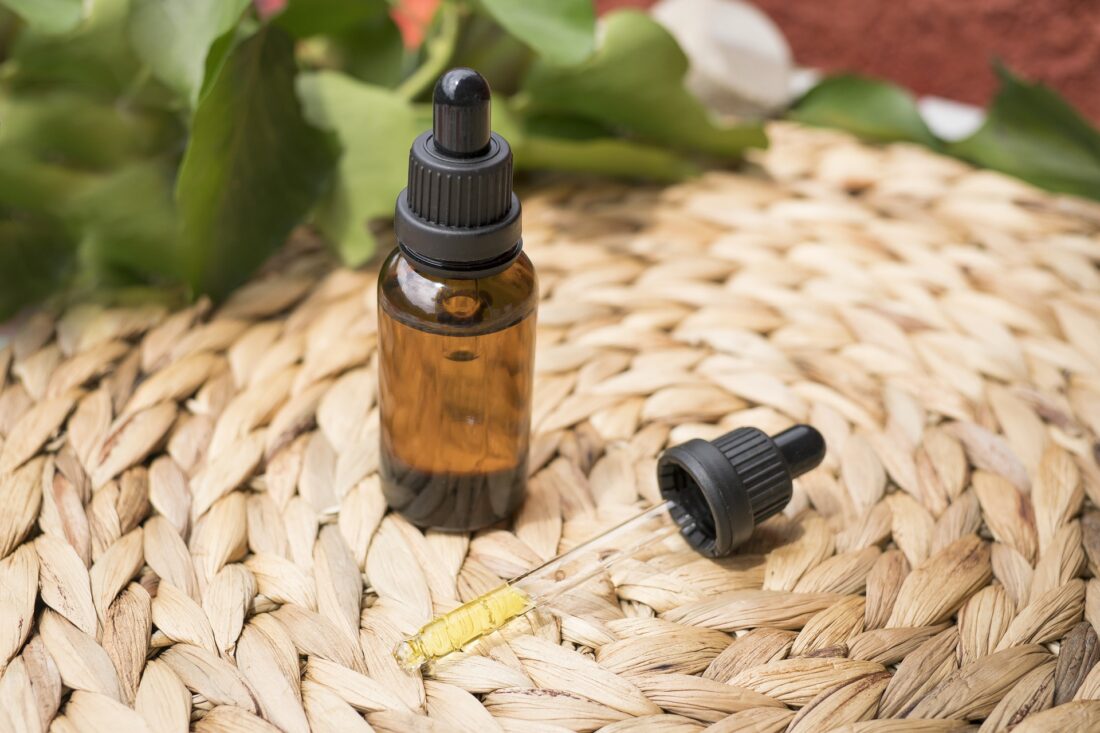Can you get sick from ingesting CBD oil?

Now that CBD has become more established as a common supplement, it’s being offered in all sorts of shapes and forms, and it’s being used an alleviant for many common afflictions like pain and stress. But a lot of people are still hesitant. Though CBD has gained a lot of anecdotal support and even made progress in research studies, there’s still an element to it that seems unknown.
So what do we know about CBD so far?
CBD, short for cannabidiol, is one of the two most recognized ingredients in marijuana. This alone makes a lot of people still skeptical. But one fact that often needs to be clarified is that CBD will not get you high.
CBD is most often extracted from hemp, rather than marijuana. But since it is one of the main chemical components in marijuana, it makes sense that people might get confused. The part of marijuana responsible for the high, is the other commonly recognized compound, THC, or tetrahydrocannabinol.
Unlike THC, CBD is not psychoactive.
One of the main concerns that many people have is whether or not consuming CBD products, such as CBD oil, will make you sick. Like all things, CBD should be taken in moderation and used responsibly.
To help clear things up, here are some things you should know about using CBD:
1. Our bodies already produce cannabinoids, the chemical class including CBD, on its own.
The cannabinoids produced naturally by our bodies are called endocannabinoids, and they mostly regulate inflammation. According to Cool Things Chicago, there are two primary cannabinoid receptors in our bodies: CB1 and CB2. While CB1 receptors primarily regulate things like coordination, emotion, memory, and appetite, CB2 receptors deal with pain, digestion, inflammation, and more.
2. CBD oil has been used as a pain alleviant for centuries.
Evidence of its use has been found from 2900 B.C. China, and even 1000 B.C. India. More modern documentation has also been found from 18th century Europe.
3. There is very little chance of overdosing.
It has been estimated that it would take about 20,000 mg of CBD oil ingested in a very short period of time to overdose. This is much higher than the typical CBD dosage amount, which is very rarely over 100 mg per day.
4. CBD has very few side effects.
According to CBD Kyro, the primary side effects of CBD include temporary ailments such as fatigue, diarrhea, irritability, and nausea. Although it is not recommended to take extreme amounts of CBD, studies have shown that doses up to 1,500 mg/day of CBD can be well-tolerated by humans.
5. The effects of CBD may vary with consumption amount, method, and purity.
Of the known side effects, CBD is considered safe. However, there is little research on side effects from specific uses such as when absorbed through the skin and when used during breast-feeding.
6. The side effects of CBD are comparable to, if not less than, common over-the-counter drugs.
An example of this is acetaminophen, a drug used to treat pain, which can cause liver damage if more than 4,000 mg is consumed per day. Similarly, ibuprofen can cause damage in the stomach and intestines, if more than 3,200 mg are taken per day. This is especially significant if you consider that a single dose of each is typically around 200-800 mg.
7. There haven’t been many studies about long-term CBD use.
Although there is a lot of evidence pointing to the fact that CBD is a safe product and has few negative effects, those of which are mild and temporary, there have not been conclusive results on long-term CBD use.
8. It is possible for CBD to interfere with other medications if taken together.
Although CBD by itself is fairly safe, when consumed alongside other medications, there can be complications. It may cause inhibition of the other substances, but could also lead to unforeseen side effects.
9. Studies are being conducted to see how CBD can help with serious diseases and disabilities.
CBD is currently being tested to explore its uses in treatments for conditions such as Crohn’s disease, cancer, epilepsy, asthma, Huntington’s disease, Alzheimer’s and more.
10. There is little FDA regulation on CBD.
While the legality of CBD and other cannabis-related products has been a recent and on-going issue, the regulation on what has been legalized is another story. In general, CBD products are legal so long as they remain under 0.3% TCH by dry weight. But it is also important to note that the Food and Drug Administration does little to regulate the purity and safety of dietary supplements.
So while it is unlikely that you will get sick from CBD, it’s always important to take it in moderation, as with any other supplement. While the long-term effects of CBD are still being researched, the side effects that it poses as of now are not severe and will only last temporarily.
Currently, CBD is considered a safe substance, and it can offer a lot of benefits to a wide variety of people. However, it is good to be cautious, especially since the legality and regulation of CBD are still in flux. Also, the long-term effects have not been fully-researched and may be significant.
According to Healthcare Weekly, even though CBD will not give you a sense of euphoria, it will
help you feel better. CBD does this by encouraging serotonin production, a hormone that helps regulate
sleep, anxiety, and depression. Serotonin also helps maintain blood pressure, weight loss, and more.
It is also encouraged to be considerate of other factors that can influence the effect of CBD. The impact of CBD can vary just based on consumption method, purity, and weight, and if taken with medications, CBD can lead to unintended effects.
Generally, CBD can do a lot to improve one’s life. While there are some things to consider, the benefits of CBD often out-weight possible risks, especially when using it to treat chronic conditions. With that being said, CBD should always be consumed responsibly, and if necessary, a professional should be consulted.









